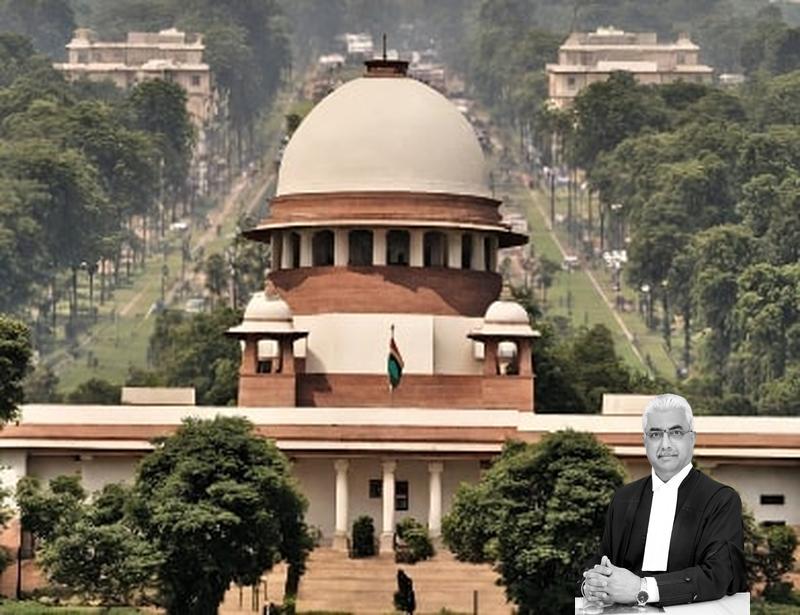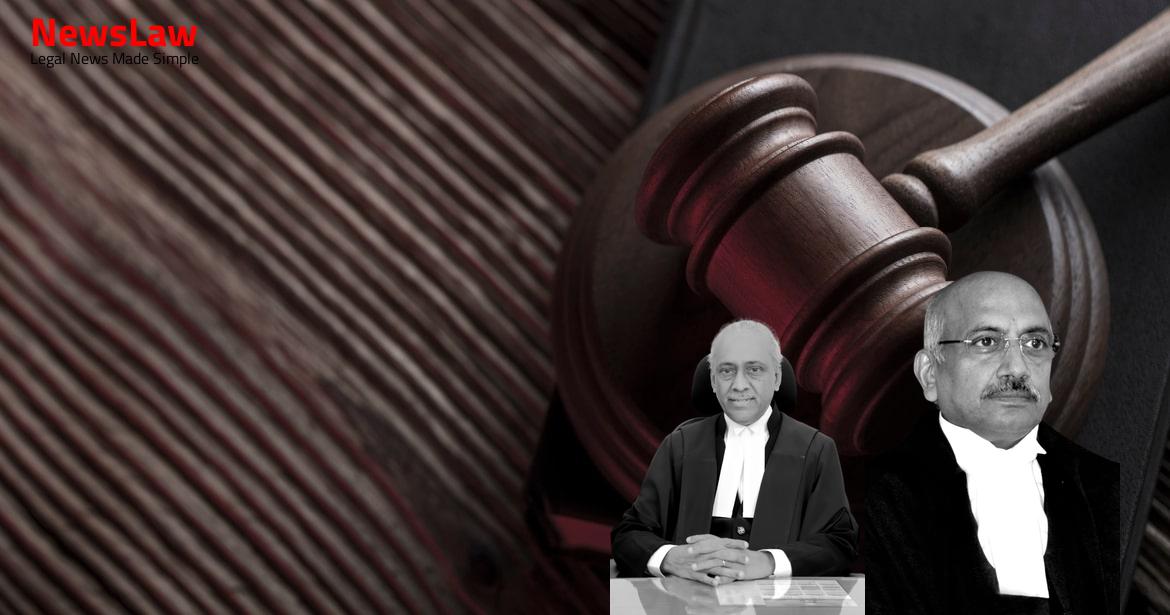MMTC entered into an agreement dated 14-01-1986 with Baker for the purchase of US-origin sulphur.
Also Read: https://newslaw.in/supreme-court/legal-analysis-of-claim-for-loss-of-profit-in-delayed-contract/
On 31-01-1992, MMTC communicated that it would be nominating its vessel in March 1992 for 25,000 metric tons of sulphur in May-June 1992.
Ultimately, Baker sent a legal notice to MMTC claiming damages for the past three half-yearly semesters i.e.
In case no settlement on price for deliveries during a semester is possible, the quantity allocated for that period may stand lapse or reduced and both parties shall meet again to negotiate prices for subsequent period.” Clause 5 :- The agreement shall be operative for three years from 1st January, 1986 and will be extended annually on ever green basis unless cancelled by either party on six months written notice.”
In arbitration, Baker contended that MMTC had committed a breach of the contract dated 20.12.1991 for the purchase of 50,000 metric tons of sulphur during the period January-June 1992 (first half of 1992).
Bina Gupta, learned counsel, argued that the basis on which the impugned order proceeded to interfere with the award, i.e., it did not take into account the principles underlying the award of damages is incorrect.
To underline this, it was argued that Baker had also placed on record, some invoices in support of its claim about the sale price of the relevant goods, during the subject period. As long as the award contained a plausible basis for grant of the amount, which it did, towards damages, it could not have been set aside, as the impugned judgment did.
MMTC, as a public sector agency of the Union Government was bound in law by the de-canalisation order and also obliged to source goods at the least available price. The impugned judgment held that MMTC was precluded from urging this aspect, because this question of proof of damages and mitigation was not argued before the single judge. Its reason for not lifting the goods was attributed to de-canalisation again on 31.08.1992 when MMTC intimated to Baker that the de-canalisation order had resulted in large sulphur consuming units importing sulphur from Gulf countries where the landing cost was much lower than the landing cost of sulphur from US and other north American based suppliers.
The Division Bench, after noticing the record held that Baker had clearly shown its disinclination to negotiate the price for the second half of 1992 before resolving the shipping problem that period. The Tribunal had noted that the sale prices “in the semester have been shown as ranging from US$ 37 per MT to US$ 55 per MT, as per some invoices filed on behalf of Baker”.
The award is bereft of any reasoning why given that Baker was a New York based supplier which sourced its supplies from various parts of the world had agreed to supply in the contracts in question based upon the Canadian prices, and instead, arbitrarily outrightly rejected that standard. As observed in Murlidhar Chiranjilal where goods are to be bought and sold the “damages has to be calculated as they would naturally arise in the usual course of things from such breach.
Case Title: H.J. BAKER AND BROS.INC. Vs. THE MINERALS AND METALS TRADE CORPORATION LTD. (MMTC)
Case Number: C.A. No.-002437-002437 / 2010



